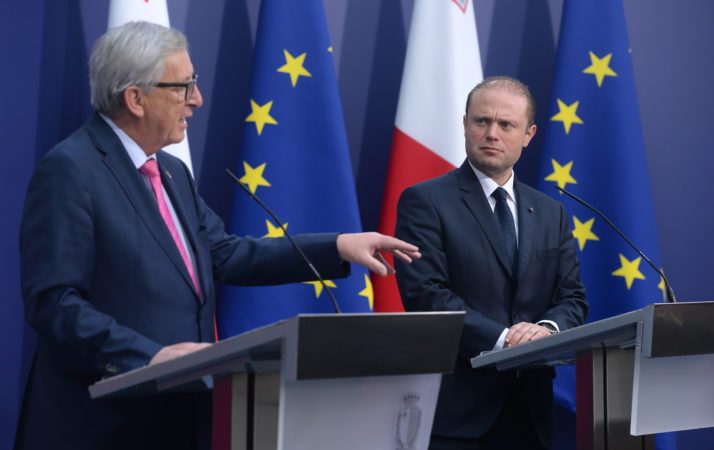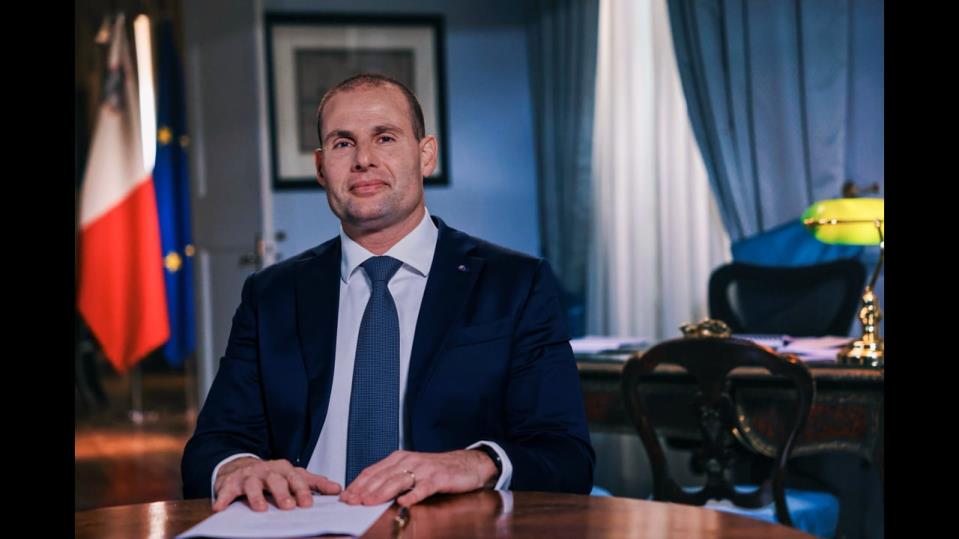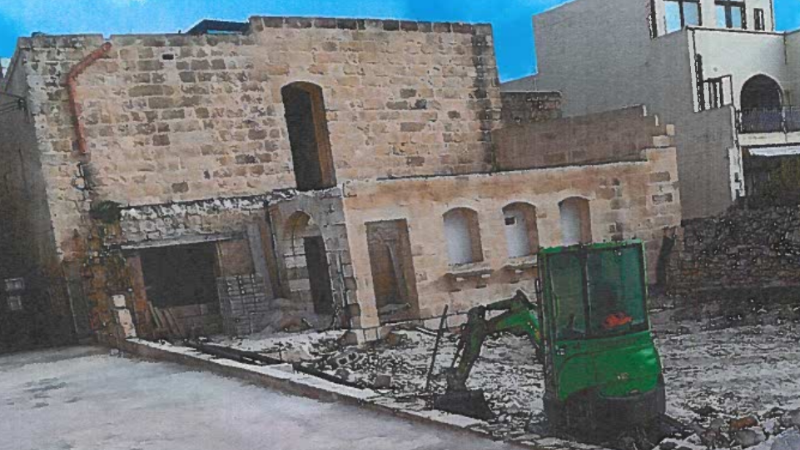One aspect of the resolution approved by the European Parliament on the rule of law in Malta which was largely overlooked in Malta is the possibility of the EU opening infringement procedures against Malta by invoking Article 7 of the EU treaty.
A press statement issued by Green MEP Sven Geigold (co-initiator of the delgation and spokesperson of the Greens/EFA in the PANA inquiry) – confirmed that the delegation which visited Malta on Thursday and Friday “agreed to work together on a mission report which will include recommendations and a continued dialogue with the EU commission in the run up to an Article 7 procedure”.
An EU infringement procedure based on Article 7 is one used against member countries that have committed “fundamental rights violations”.
The Treaty of Amsterdam, which came into force in 1999, threatens any country that violates EU fundamental values – defined as “liberty, democracy, respect for human rights and fundamental freedoms, and the rule of law ” – with sanctions.
EU treaties to which Malta is a signatory foresee the use of Article 7.1 to allow the European Council to give a formal warning to any country accused of violating fundamental rights. If that doesn’t have the desired effect, Article 7.2 would impose sanctions and suspend the member country’s voting rights.
Article 7 was introduced in the 1990s to ensure that Eastward expansion of the European Union in countries which lack a democratic tradition, would not weaken the Union’s commitment towards fundamental values.
In this way the EU treaty ensures that all EU countries have to meet rules on democratic governance and human right.
In March 2014, the Commission adopted a three-step mechanism for addressing “systemic threats” to rule of law in member countries. This mechanism must be completed before Article 7 comes up for discussion.
So far the country which came closest to be sanction by Article 7 was Poland. The Commission in January invoked the three-step mechanism in response to Poland’s perceived drift toward authoritarianism.
The Commission has to first assess the situation, make recommendations after consultation with the country in the spotlight, and subsequently monitor compliance. MEPs have also called for the invocation of the same article with regards to Hungary.
The very fact that the EU parliament is even considering invoking Article 7 against Malta should serve as a wake up call. We cannot afford to be lumped in the same category of Poland and Hungary, two European countries led by right-wing authoritarian governments.
The declaration endorsed by Socialist MEP and delegation chairman Ana Gomes that the delegation of the Parliament “came seriously concerned over the rule of law in Malta and left even more worried” should wake the country from its slumber.
As Geigold noted “the police and the attorney general have demonstrated an unwillingness to investigate and failure to prosecute corruption and money laundering”.
He also noted that available public information and even reports by Malta’s anti-money laundering body FIAU have repeatedly not triggered investigations. Individuals and financial institutions involved were not searched, evidence not gathered.
“This protected high government officials such as prime minister’s chief of staff Keith Schembri and minister Konrad Mizzi from prosecution as well as financial institutions such as Pilatus Bank and Nexia BT”.
Significantly Geigold focuses on structural problems in the Maltese Constitution particularly “the power of the prime minister to appoint top officials has weakened the judicial system and financial supervision”.
These problems pre-date the Labour government and the PN would do well to acknowledge that it is partly to blame for the state we are now in. What we need is not partisan game scoring but an overhaul of our institutions to decrease the power of Castille, irrespective of who is residing in it.
In fact one of the reasons why thousands of non-partisan Maltese people voted for EU membership in 2003 was to ensure that Maltese governments are not allowed to ride roughshod over the rule of law as happened blatantly in 1980s but to a lesser extent under subsequent Labour and Nationalist governments.
Many Maltese are taking the country’s current economic success for granted. Undoubtedly certain segments of the population, particularly those involved in construction have never had it so good. But we tend to forget that we owe much of our success to EU membership. This includes the maligned passports-for-cash scheme which defies European values. Had Malta not been an EU member state, the value of Maltese citizenship would be seriously diminished. No wonder that suspicions that Malta is abusing EU membership to entice piratical investments is growing in European circles.
The economic model promoting Malta as a gateway for dirty money to the EU is a dead end. Sooner of later reality will catch up with us.
Joseph Muscat may find comfort in the European Commission’s failure to stand up for European values in the past, particularly Jean Claude Juncker’s failure to stand up for these values during Malta’s presidency. But Muscat, himself a fervent Eurosceptic before the 2003 referendum, should not underestimate the power of European public opinion.
The contract murder of Daphne Caruana Galizia has lifted the veil on Malta. Whatever we do here is now thankfully under international scrutiny. This is largely to the benefit of the civic minded Maltese. The last thing the country needs is to be depicted like a pariah state. We do not deserve this. Europe is our only future. We have no plan B.













